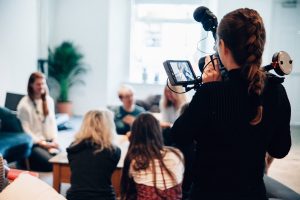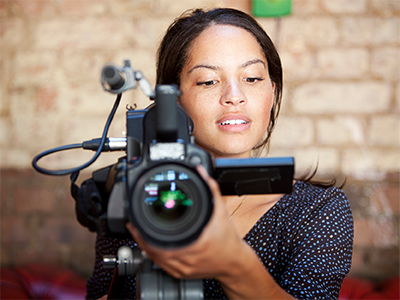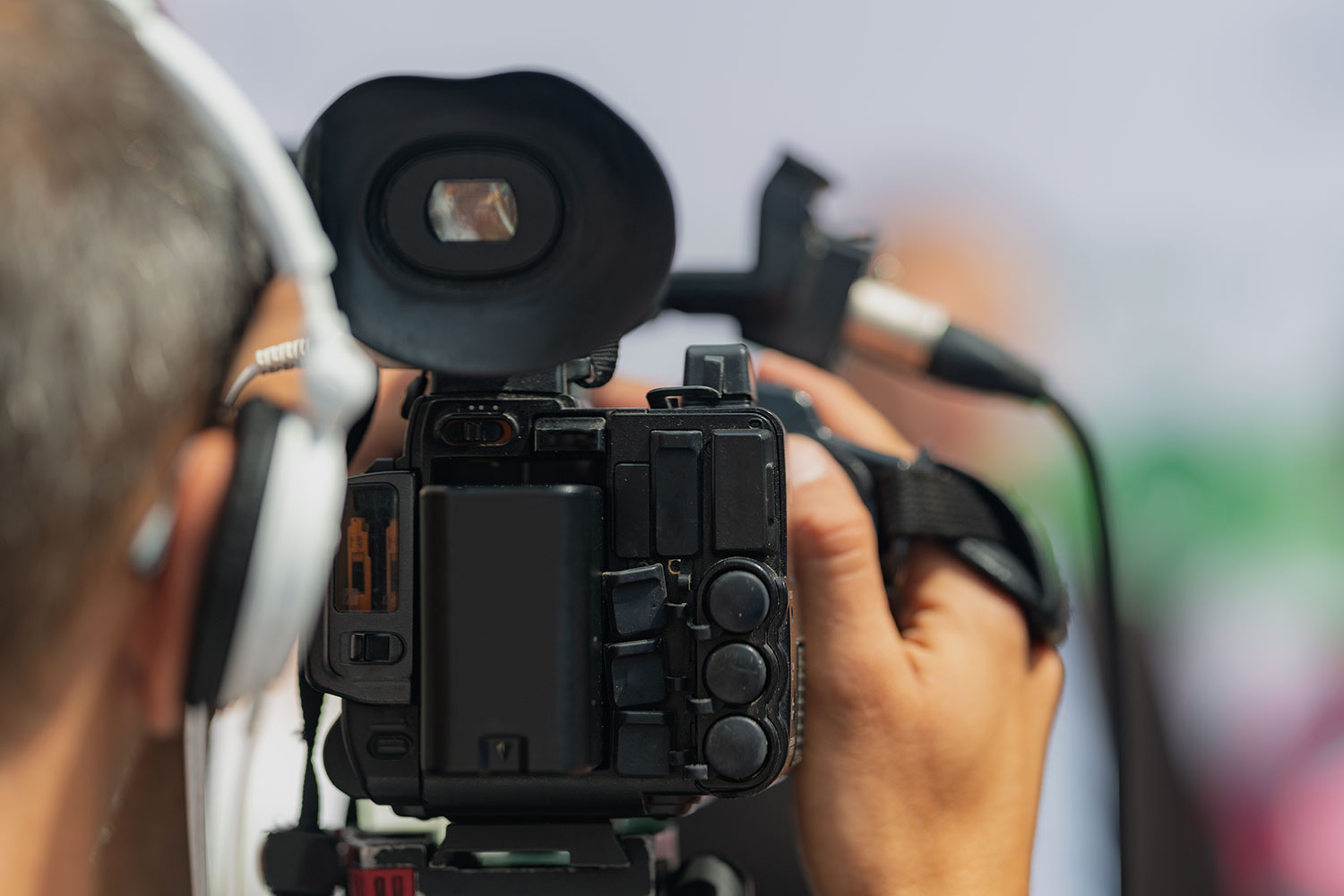Reliable Legal Videography for Depositions.
Reliable Legal Videography for Depositions.
Blog Article
The Duty of Legal Videography in Depositions and Trials
Legal videography has arised as a vital device in both depositions and trials, offering a complex technique to recording witness testimonies. As legal experts progressively acknowledge its worth, it triggers a deeper examination of how these visual documents can influence juror understandings and trial end results.

Importance of Legal Videography
Legal videography plays a critical role in the documentation and discussion of depositions and trials. This specialized field combines technological abilities with legal understanding to develop a trusted document of procedures that can significantly influence instance end results. The appearance of lawful videography boosts the understanding of witness statement, enabling jurors and judges to observe not only the talked words yet likewise the disposition, feelings, and body language of the witnesses.
In enhancement, lawful videography offers an objective account of events, decreasing the possibility for misinterpretation that can accompany written transcripts alone. This visual documentation offers as a critical device throughout trial presentations, promoting a more clear and more influential story for both complainants and defendants. The ability to replay video clip sectors throughout court proceedings makes it possible for lawful groups to stress vital points, reinforcing their disagreements effectively.
The significance of lawful videography expands past the court; it likewise plays an important role in maintaining proof for future reference, whether for appeals or more lawful activity. Its assimilation into the legal procedure is necessary for ensuring a reasonable and precise depiction of the realities, eventually adding to the pursuit of justice.

Process of Legal Videography
While catching the subtleties of depositions and trials, the process of lawful videography involves several crucial steps that ensure top quality, accurate recordings. Initially, a specialist legal videographer prepares by assessing the case materials and comprehending the specific demands of the deposition or trial. This prep work consists of acquainting themselves with the individuals and the context, which assists in recording essential information.
On the day of the recording, the videographer establishes the needed equipment, which normally includes high-def video cameras, microphones, and correct lighting. Making sure optimum angles and audio high quality is important, as it straight affects the effectiveness of the recording. The videographer interacts with lawyers and individuals to develop methods, making certain that every person comprehends the recording procedure.
During the deposition or trial, the videographer thoroughly tape-records the proceedings, paying very close attention to both spoken and non-verbal hints. This consists of capturing the behavior and responses of witnesses and attorneys. After the session wraps up, the videographer might edit the video for quality and compliance with legal standards, producing a last item that accurately reflects the procedures for future reference and use in legal contexts.
Advantages in Depositions
The incorporation of videography in depositions uses numerous advantages that enhance the total process of gathering proof. One key benefit is the capability to catch witness testimonies with aesthetic and auditory integrity, providing an extra accurate depiction of the witness's attitude, tone, and body movement. This multidimensional technique enables attorneys and juries to examine reputation better than conventional written records alone.
Furthermore, videographed depositions function as an effective tool for preserving statement. Must a witness come to be inaccessible for test, their taped deposition can be played in court, ensuring that their evidence remains easily accessible and appropriate. This aspect dramatically minimizes the threat of shedding crucial details that can impact case results.

Lastly, videography boosts the total expertise of the deposition process, instilling confidence in customers pertaining to the thoroughness of their legal representation (legal videography). By leveraging technology, lawyers can dramatically improve the efficiency of depositions
Impact on Trials
In many trials, the assimilation of videography can dramatically affect the presentation of evidence and the court's assumption. Lawful videography catches witness statements and critical evidence in a dynamic format, allowing jurors to engage with the material on numerous degrees. This aesthetic element improves the storytelling element of a test, giving context and emotional resonance that standard text-based proof might lack.
In addition, video recordings can work as effective tools for impeachment throughout interrogation. When discrepancies occur in between a witness's prior declarations and their courtroom statement, video clip evidence offers an unbiased reference that can guide jurors' viewpoints. This immediacy and clearness can reinforce the integrity of an event's narrative while at the same time undermining opposing debates.

Future Trends in Legal Videography
As we look toward the future of legal videography, a number of arising trends promise to reshape its duty within the courtroom. One significant trend is the combination of expert system (AI) in video clip evaluation and editing look these up and enhancing. AI can simplify the process of recognizing key moments in recorded depositions, allowing lawyers to rapidly access pertinent web content, consequently enhancing efficiency in instance prep work.
Furthermore, the surge of virtual fact (VR) and boosted fact (AR) modern technologies is expected to change just how jurors experience proof. legal videography. By immersing jurors in a substitute atmosphere, these modern technologies can provide a more extensive understanding of intricate circumstances, causing even more enlightened deliberations
Moreover, the enhancing need for remote depositions, increased by the COVID-19 pandemic, will likely proceed. Legal videographers will require to adapt to new software program and platforms to ensure high-grade recordings in digital setups.
Finally, the growing emphasis on information safety will necessitate stricter protocols for saving and sharing video clip evidence. As the lawful landscape develops, legal videographers need to remain abreast of these fads to keep their importance and efficiency in the judicial procedure.
Conclusion
In recap, legal videography offers a critical feature in read what he said the judicial procedure, improving the integrity of depositions and tests. By recording the subtleties of witness statements, this tool not only preserves necessary evidence yet likewise aids in offering info effectively to jurors. The relevance of aesthetic documentation in assessing reliability and helping with cross-examination can not be overstated. As technology remains to progress, legal videography is positioned to more transform its duty within the lawful landscape.
Report this page